Have you ever wondered what all those scientific-sounding ingredients are on the back of your hair care bottles? To help you make informed decisions about which products to try, we'll pull back the curtain on one of the most common ingredients in hair serums, shampoos and conditioners: isoleucine.
Isoleucine is one of nine essential amino acids your body needs to function. Essential amino acids do not occur naturally in the human body, so you get them by consuming protein-rich foods like beef, poultry, eggs, soy and quinoa or taking high quality supplements.
Divi’s Scalp Serum contains a selection of science-backed ingredients, including a unique blend of amino acids that includes isoleucine, to promote fuller, healthier hair. This article discusses the use of isoleucine for hair growth, including its use as an active ingredient in Divi’s Scalp Serum and its effects on various hair and scalp conditions.
The Role of Isoleucine in Divi’s Hair Serum
Isoleucine is a branched-chain amino acid (BCAA), along with leucine and valine. BCAAs are the primary components of potassium ion channels in hair follicles, and their presence is essential for healthy hair growth.
In Divi’s Scalp Serum, isoleucine combines with other amino acids to give you:
- Stronger, healthier hair
- Soft and silky hair
- Easier brushing and combing
The Effect of Isoleucine on Hair and Scalp Conditions
Isoleucine is typically combined with other amino acids to strengthen and improve the feel of your hair. Below, we’ll discuss how isoleucine helps to treat a few of the most common hair concerns.
Soothes Dry, Itching Scalp
Many plant and animal products containing isoleucine have therapeutic effects on your hair and scalp. Isoleucine-rich ingredients such as kefir, aloe vera and nettle have all been shown to positively impact dry, itchy scalp. Divi’s scientists have isolated this active ingredient, combining it with other beneficial ingredients to give you a targeted itchy-scalp solution.
Chases Away Dandruff
No one wants to look down and see white dandruff flakes on their dark shirt, but how can isoleucine help? Isoleucine commonly appears in formulations for hair cleansing products, which is the primary method of fighting off dandruff.
Divi’s Scalp Serum combats dandruff with isoleucine and other components that revitalize your scalp and remove product buildup.
Helps with Hair Loss
Isoleucine might have a connection to hair loss, although more clinical studies are necessary before we know the exact details of that link. Nonetheless, one study revealed that up to 73% of participants with male- or female-pattern baldness and telogen effluvium had an isoleucine deficiency.
Why do many individuals experiencing hair loss show a lack of isoleucine? Although more research is needed on the link between hair loss and isoleucine deficiency, Divi’s Scalp Serum aims to correct mild deficiencies by combining isoleucine with other amino acids to help your hair look and feel healthy by making your scalp healthier.
The Hair Nutrition Benefits of Isoleucine
As a BCAA, isoleucine plays a role in speeding up the recovery of damaged muscle tissue and encouraging muscle growth, making it a popular pre-workout supplement. However, isoleucine is present in other parts of our bodies, such as the proteins making up hair follicles and strands.
Your hair's life cycle goes through three phases:
- Anagen (active hair growth)
- Catagen (transitional hair growth)
- Telogen (resting, followed by shedding)
If you're not eating enough protein, your body could respond by shifting gears to the telogen phase to store protein. The sudden switch to the resting stage could result in excess shedding. In other words, protein malnutrition could result in hair loss.
A healthy, protein-rich topical treatment with plenty of amino acids, such as isoleucine, might improve the effects of the conditions causing hair loss. This is why we created Divi’s Scalp Serum.
How to Apply Divi’s Scalp Serum
Divi’s Scalp Serum targets the root causes of hair health conditions, providing a powerful blend of clean, lightweight ingredients that rejuvenate the hair follicle ecosystem and encourage thick and healthy hair growth.
To get the most out of Divi’s Scalp Serum, use it once daily, either in the morning or at night, on dry or towel-dried hair. Apply three-quarters of a dropper of the serum directly on your scalp on the areas where you want to see results. Gently massage the serum into your scalp and let it absorb fully.
What Are the Most Common Hair and Scalp Conditions?
As the above evidence shows, isoleucine in Divi’s Scalp Serum positively affects hair and scalp conditions. Hair loss and dry scalp are extremely common, especially as you get older or deal with medical problems.
This section will discuss several of the most common hair and scalp problems.
Androgenic Alopecia
More than 50% of men over the age of 50 have hair loss in some shape or form, and the most common cause is androgenic alopecia, a genetic hair loss condition also known as male-pattern hair loss. A 2017 study found that 73.53% of participants with androgenic alopecia also had an isoleucine deficiency.
The most common areas affected by male-pattern baldness include a receding hairline, which affects the area above the temples and balding at the crown of the head. In the late stages, the most notable characteristic of pattern baldness is the horseshoe-shaped hair pattern around the sides and back of the head. Female-pattern baldness, in contrast, causes overall thinning of the hair.
Androgenic alopecia results from genetic sensitivity to androgens, specifically dihydrotestosterone (DHT). DHT binds to androgen receptors in hair follicles, causing them to shrink until they no longer produce hair. Some men are more prone to DHT's effects on hair follicles, causing the shrinking process to happen faster. Many women experience the effects of DHT after menopause.
Seborrheic Dermatitis
Seborrheic dermatitis is a skin disease that causes itchy inflammation, typically on the scalp, but it can appear on other parts of your body. In some cases, the disease can cause flaky white or yellow scales on the affected area of the scalp, resulting in dandruff.
Seborrheic dermatitis looks similar to other scalp conditions, like psoriasis, eczema and allergic reactions. A doctor might have to examine your medical history and check samples of the infected skin to determine the correct diagnosis.
Contact Dermatitis
Unlike other scalp issues that result from infections, hormones or medical conditions, contact dermatitis appears in reaction to a substance. The main symptom of contact dermatitis is a red, itchy rash, which could be due to an allergy or irritant.
Allergy-induced contact dermatitis can take a couple of days to show up after using the substance, but irritants produce a rash almost immediately. Common allergic contact dermatitis causes include poison ivy, nickel jewelry, and latex. Irritants are usually substances like acids, harsh detergents and hair dyes.
Folliculitis
Inflammation of the hair follicle is known as folliculitis, an infection that can cause small, acne-like pimples on your scalp. A few causes of folliculitis include using a hot tub, shaving and waxing. Bacteria, viruses or fungi invade the hair follicles, causing the scalp to become irritated and itchy. It's essential to keep the area clean and dry to encourage healing.
Telogen Effluvium
Suppose you notice significantly more hair coming out in the shower or while brushing your hair. In that case, you may have telogen effluvium. A 2017 study found 61% of people with this condition had an isoleucine deficiency.
With telogen effluvium, your active hair growth stage (anagen) hits the brakes, causing the resting phase (telogen) to lengthen. Usually, 10% of your hair is in the telogen phase at any given time, but telogen effluvium bumps it up to 30%. The condition is typically temporary, and the cause is usually severe stress or shock.
What Causes Hair Loss?
Have you ever wondered why hair loss hits some people harder than others? Do people not affected by hair loss eat healthier, or did they win the genetic lottery? The truth is hair loss can happen for a variety of reasons, not just genetics.
Hormones
Unusually high levels of specific hormones, such as the androgen DHT, can cause premature hair loss in men and women. Hair loss can also happen when the body undergoes hormonal changes during pregnancy, childbirth or menopause.
Other causes of hormonal imbalance include polycystic ovary syndrome (PCOS) and stopping birth control pills. As women age, female hormone levels fall, which can cause male hormones like DHT to take over, making hair grow slower and thinner.
Diet
As mentioned earlier, not getting enough protein in your diet could cause hair loss. Your body needs protein to perform essential functions like building and repairing tissues, digestion, muscle contraction and hair growth. Your body might shut down hair growth to preserve protein, which means it's vital to get sufficient levels of protein and amino acid-containing nutrients in your diet.
Isoleucine is one of the building blocks of proteins and is a key player in full, healthy hair. Divi’s Scalp Serum enables you to supplement proteins topically, bringing the nutrients directly to the source of the problem.
Genes
The most common genetic cause of hair loss in men and women is androgenic alopecia, a hereditary condition known as male- or female-pattern baldness. The effects can begin in young adults in their 20s, but it's more likely to start during the middle-aged years, between 35 and 50.
Stress
Sometimes, an extremely stressful or traumatizing event can cause thinning hair for months after the stressful event happened. Luckily, stress-induced hair loss is temporary, and your hair can grow back if you give it the time and care it deserves. Hair loss conditions caused by stress include telogen effluvium (shedding), trichotillomania (the urge to pull out hair) and alopecia areata (immune response).
Medications
Hair loss is a side effect of various medications for treating cancer, arthritis, high blood pressure, heart problems and depression. Typically, drug-associated hair loss is temporary. Divi’s Scalp Serum can aid hair regrowth and give hair follicles the nourishment they need to function.
Medical Conditions
Certain medical conditions like thyroid disease, diabetes, eating disorders, lupus and anemia can cause hair loss. Seeking treatment for the condition is the best way to get your hair to regrow.
Love Your Hair Again with Divi’s Scalp Serum
Divi started with the aim of getting to the root cause of hair loss, and we created Divi’s Scalp Serum to give a solution for the cause. Our Scalp Serum consists of clean, effective ingredients, including isoleucine, for hair growth and overall scalp health. Each ingredient has been carefully chosen to target frequent hair concerns, including hair loss, thinning hair, dry scalp, and buildup.
With our powerful blend of amino acids, caffeine, vitamin C and other beneficial ingredients, Divi’s Scalp Serum allows you to support your hair's health and start loving it again. Look through some of our options for bottle size or bundles to find the best one for your hair’s health.






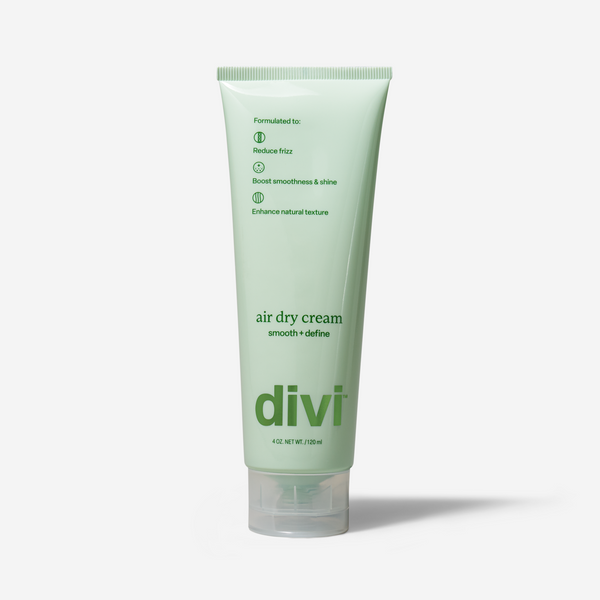
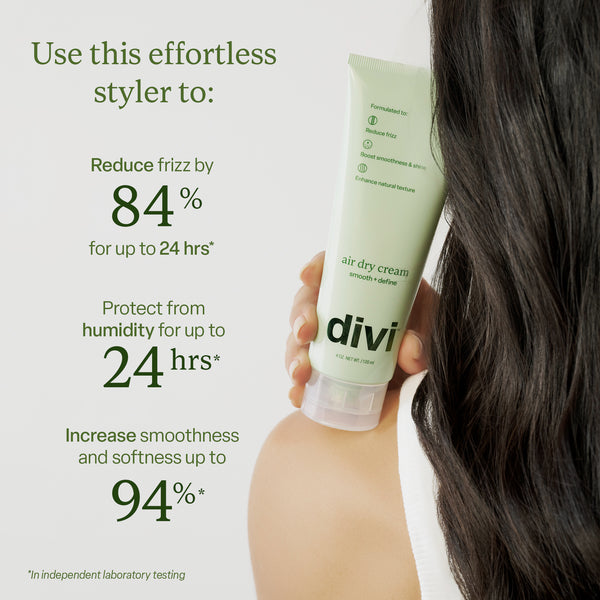

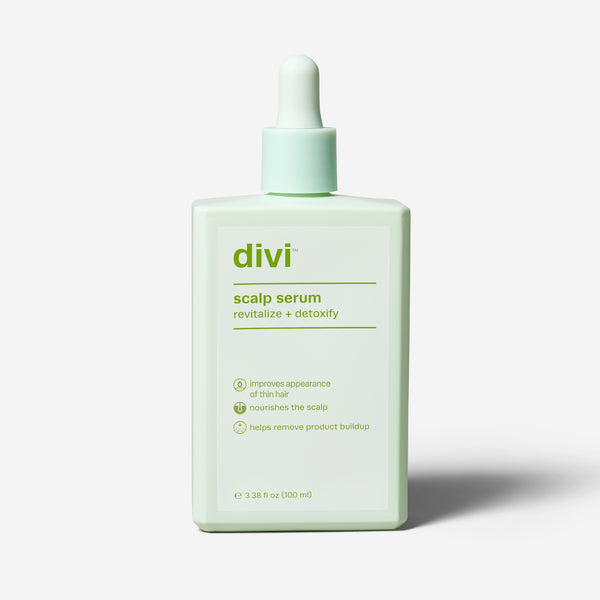

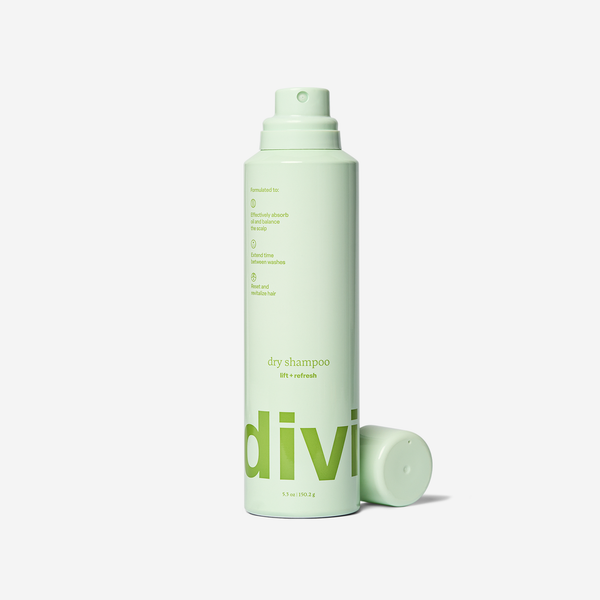

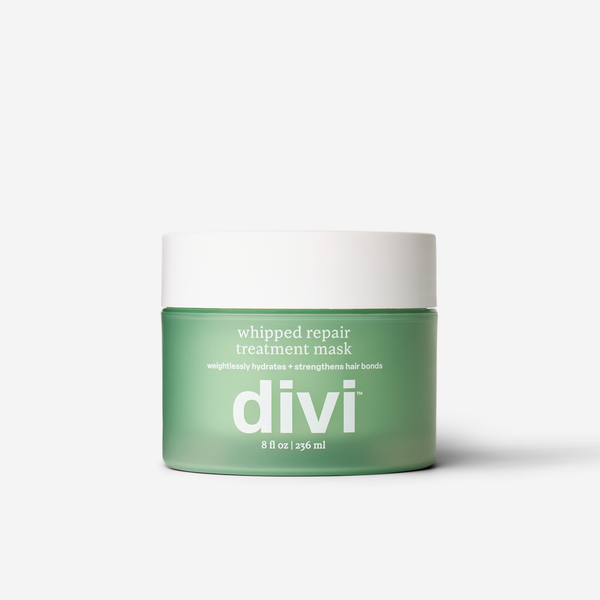

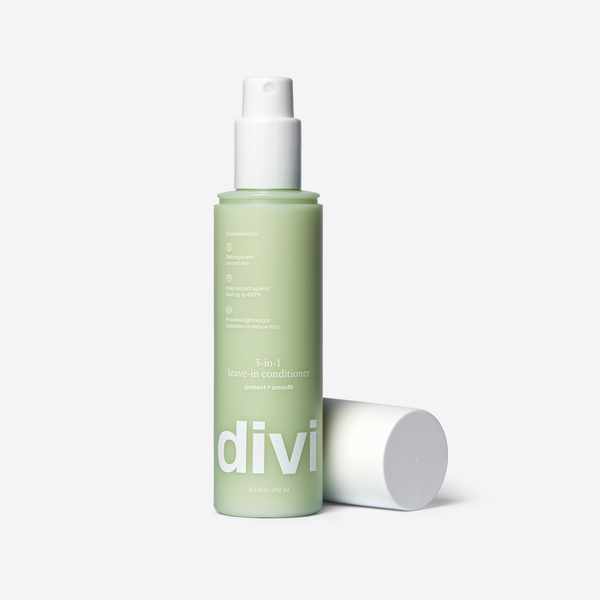

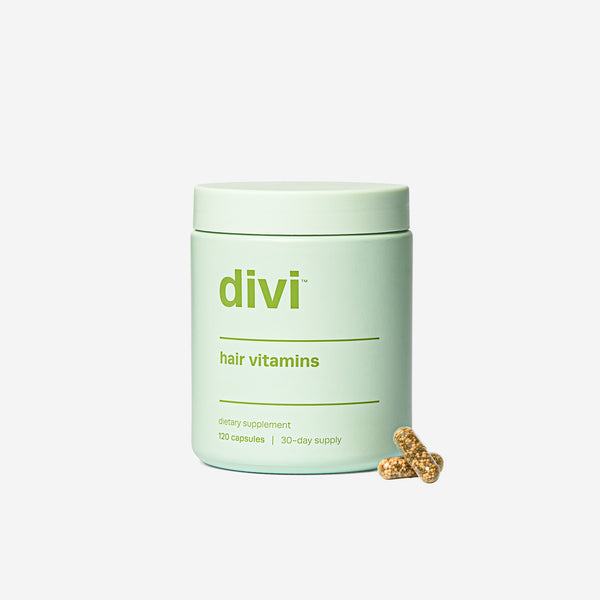
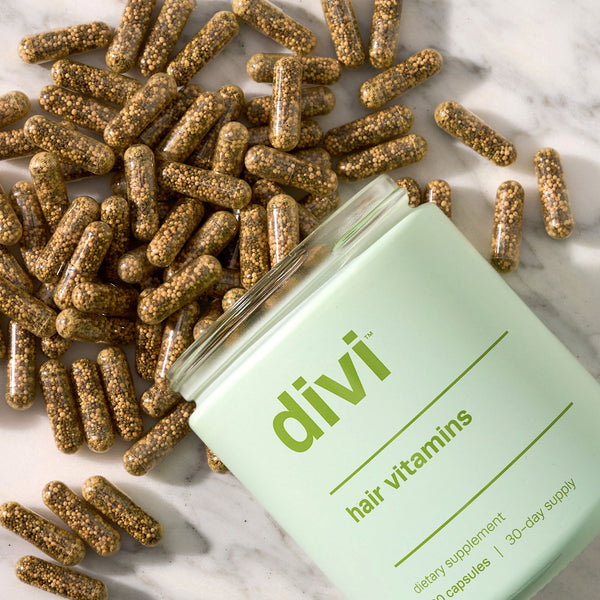
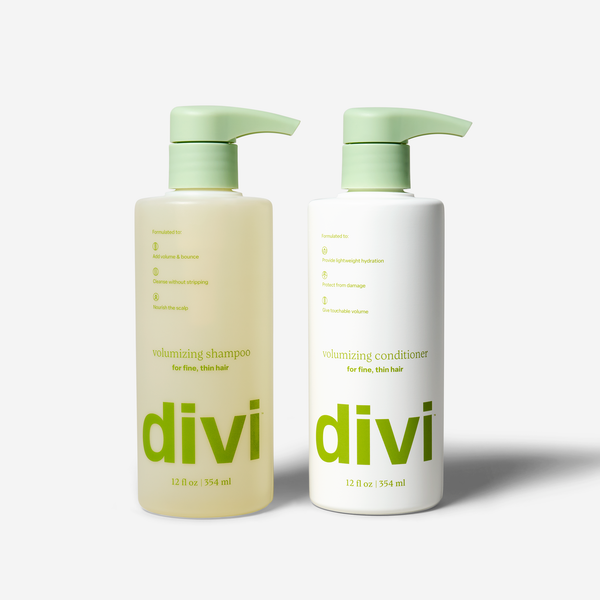





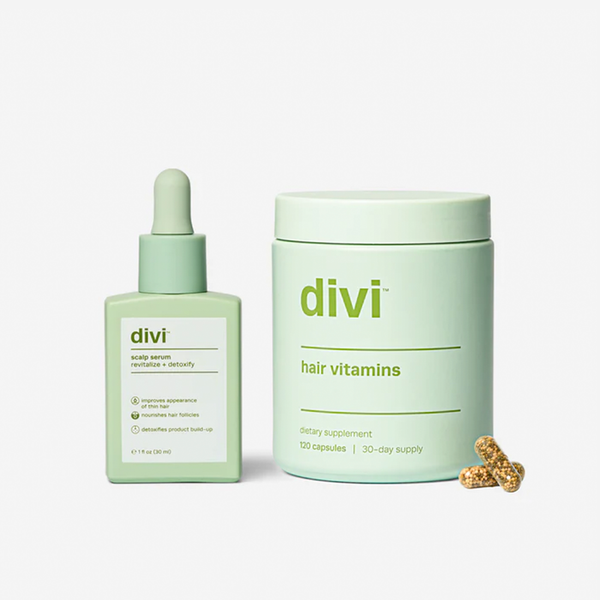
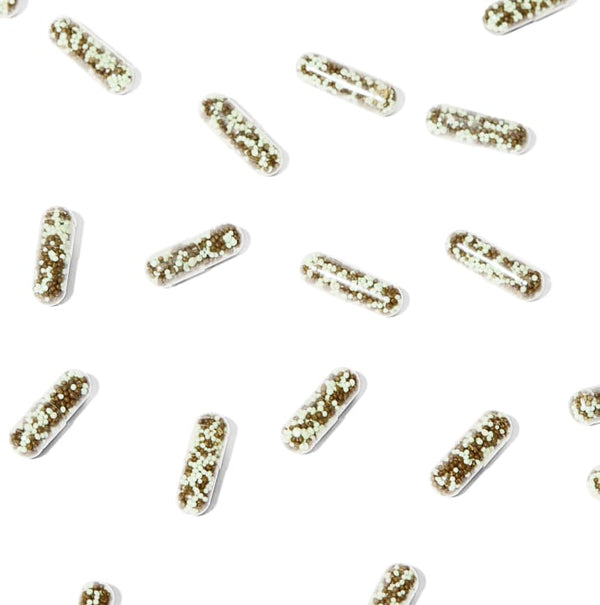
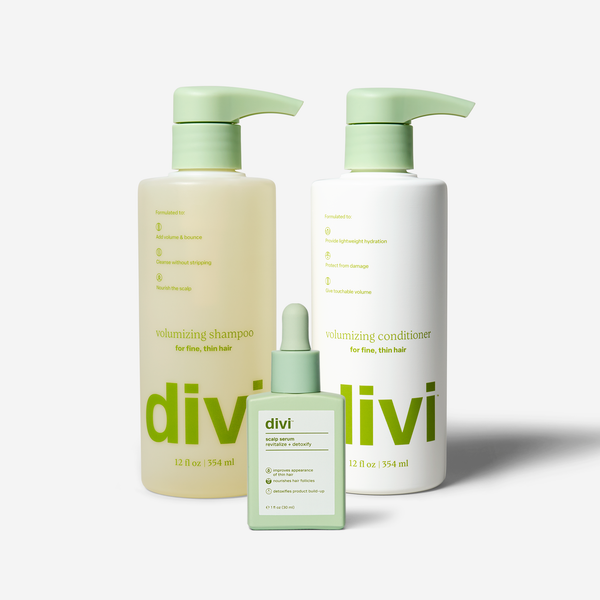
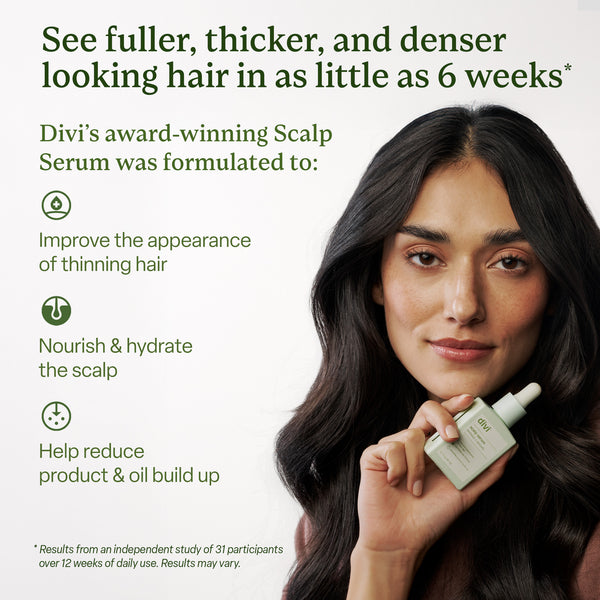


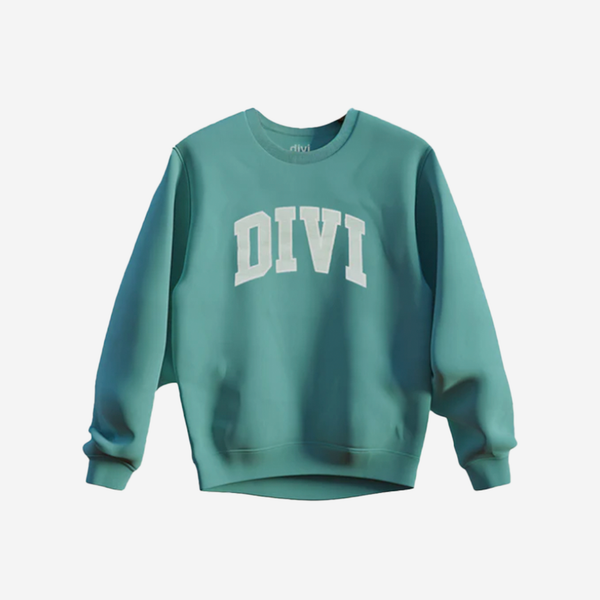
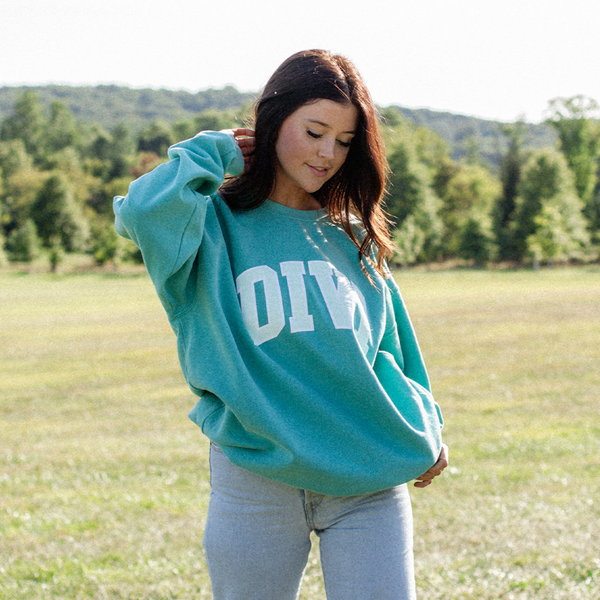







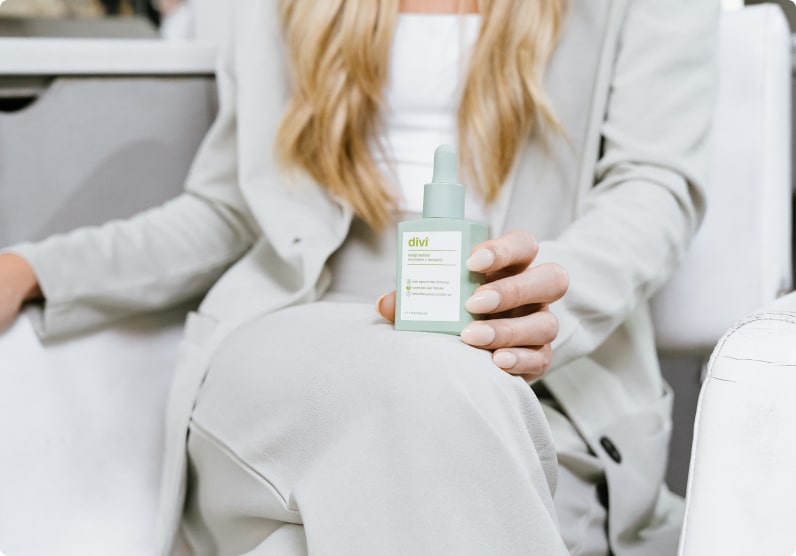






 30ml Scalp Serum
30ml Scalp Serum
 100ml Scalp Serum
100ml Scalp Serum
 Volumizing Shampoo
Volumizing Shampoo
 Hydrating Shampoo
Hydrating Shampoo
 Travel-Sized Volumizing Shampoo
Travel-Sized Volumizing Shampoo
 Travel-Sized Hydrating Shampoo
Travel-Sized Hydrating Shampoo
 Volumizing Conditioner
Volumizing Conditioner
 Hydrating Conditioner
Hydrating Conditioner
 Travel-Sized Volumizing Conditioner
Travel-Sized Volumizing Conditioner
 Travel-Sized Hydrating Conditioner
Travel-Sized Hydrating Conditioner
 3-in-1 Leave-In Conditioner
3-in-1 Leave-In Conditioner
 Best Sellers Bundle
Best Sellers Bundle
 Volumizing Starter Bundle
Volumizing Starter Bundle
 Hydrating Starter Bundle
Hydrating Starter Bundle
 The Healthy Hair Bundle
The Healthy Hair Bundle
 Hair Vitamins Trio
Hair Vitamins Trio
 Dry Shampoo
Dry Shampoo
 Hair Vitamins
Hair Vitamins
 Volumizing Shampoo & Conditioner
Volumizing Shampoo & Conditioner
 Travel-Sized Volume Duo
Travel-Sized Volume Duo
 Hydrating Shampoo & Conditioner
Hydrating Shampoo & Conditioner
 Travel-Sized Hydrating Duo
Travel-Sized Hydrating Duo
 Travel-Sized Dry Shampoo
Travel-Sized Dry Shampoo
 Travel-Sized Dry Shampoo Trio
Travel-Sized Dry Shampoo Trio
